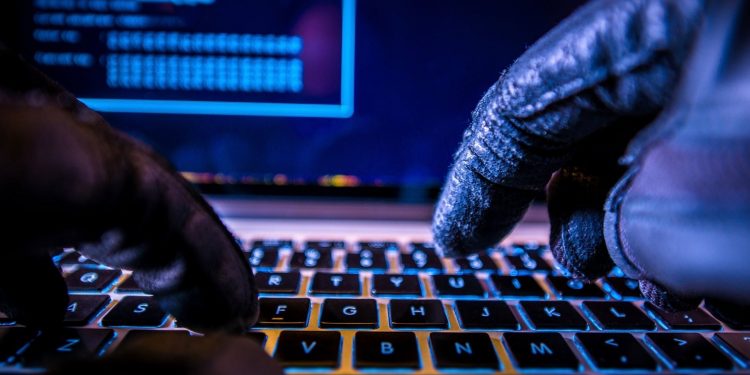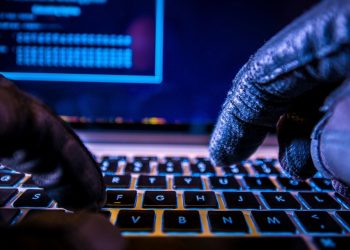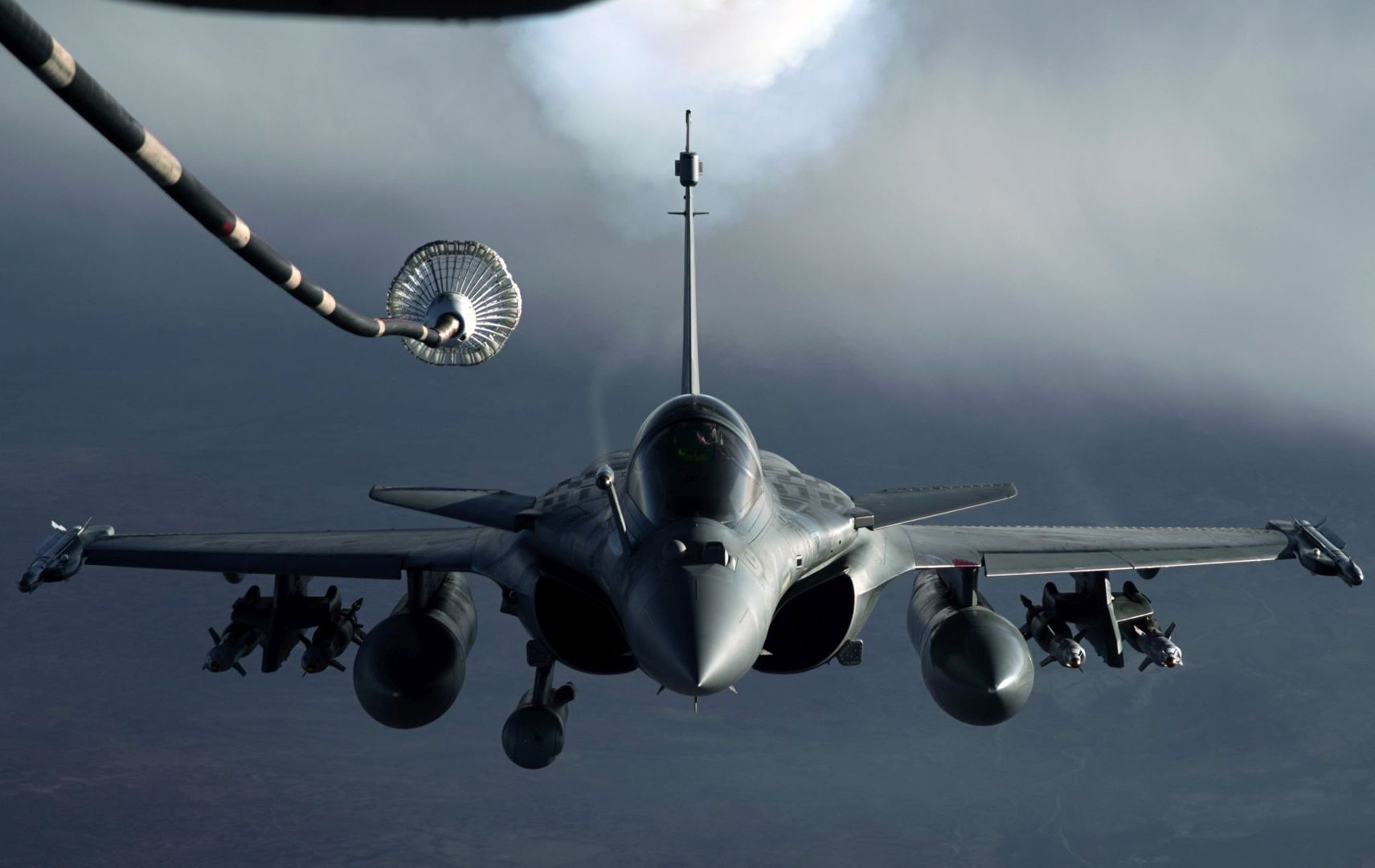Britain must strengthen its defences against economic security risks amplified by globalization, especially those emanating from China, Iran and Russia, Deputy Prime Minister Oliver Dowden warned Thursday.
Businesses and universities are “vulnerable” because of the opening up of the global economy, Dowden said in a speech to the Chatham House international affairs think-tank in London.
“We must be clear-eyed that one of the great strengths of our system is its openness, but that also brings vulnerabilities,” he said.
The UK’s open economy was being “targeted by state-based actors and their proxies”, he warned.
“Covid and Russia’s war in Ukraine both laid bare the interconnectedness of global supply chains and the extent to which they can be exploited: Russia driving up the price of gas; Chinese acts of economic coercion.”
Prime Minister Rishi Sunak’s Conservative government intends to strengthen existing rules to potentially block foreign investment in industries deemed to be strategic or important to national security, such as new technologies, semiconductors and vital mineral resources.
“We need to tighten our controls over the routes by which the UK plugs into the global economy — but in a way that allows investment and trade to flow as freely as possible,” Dowden added.
“When it comes to exports, we must ensure that the goods and technologies we sell overseas are not being used to harm our own national interest, or in a way that runs counter to our values,” Dowden said.
He called for the government to “fine tune” its National Security and Investment Act (NSI) in order to “stay ahead of threats, while remaining as pro-business as possible”.
Britain’s NSI Act has already been used to block several attempts by Chinese groups to purchase UK semiconductor manufacturers.
Britain in 2020 ordered the removal of Chinese telecoms company Huawei from its 5G network, citing risks to national security.
University leaders, meanwhile, will be briefed by Britain’s security services after a government review concluded that the institutions were being “targeted” by hostile states, particularly China.










